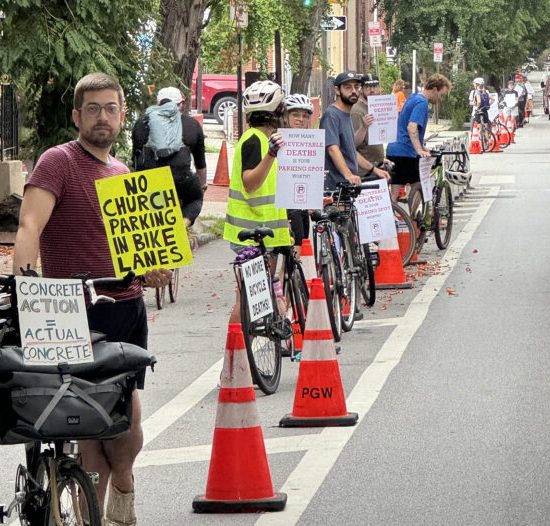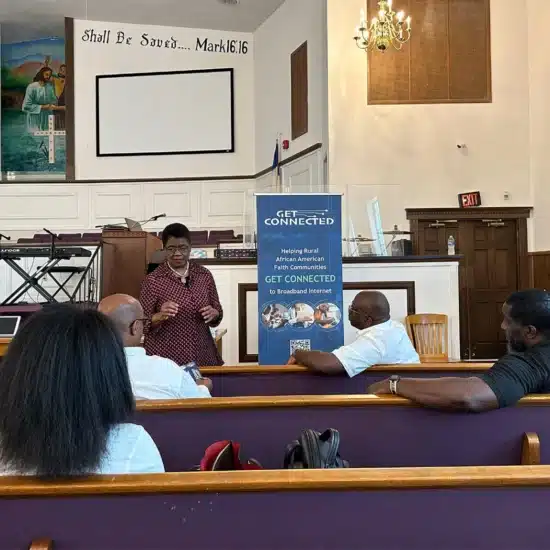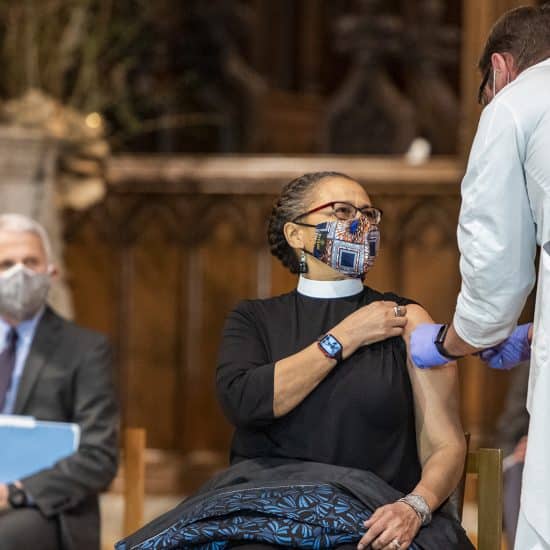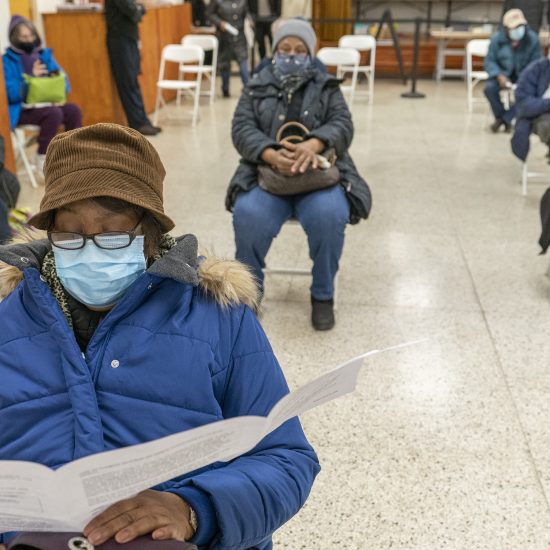Circumstances often open the door to ministry. For some Midwest congregations, need and proximity brought the military to their doorstep.
A group of people from several different churches in Sedalia, Mo., pooled their resources to launch Project Parachute in March 2008 as direct ministry to active-duty military personnel deployed overseas.

Ministering to military
|
Several individuals usually sent care packages, especially for holidays, to family members and friends serving overseas. But although they enlisted help from members of their individual churches, rising costs threatened to end their ministry.
Someone suggested to a group of friends that Harmony Baptist Association churches could do more and save money through a coordinated effort. The group enlisted others, and now their efforts touch military personnel, their families and the community.
‘About 7,500 packages have been sent out since we started,’ noted Lonnie DeVorss, one of the ministry coordinators.
The concept is simple, she explained. Anyone can sign up a deployed soldier, regardless of where the requestor and the recipient are from, or where or whether they attend church.
Once a soldier has been signed up, Project Parachute volunteers send an initial package with a variety of goodies, a devotional book and a handmade scarf. The gift also includes a letter to explain who signed up for the soldier, introduce the ministry and share what the serviceman or woman could expect from it.
Deployed soldiers on the Project Parachute list normally receive five packages each year — Valentine’s Day, Easter, a summer box, a fall box and Christmas. Volunteers develop a theme for each box and include items that reflect that theme. For this year’s Christmas box, bags of certain candies (such as mints for ‘m’) together will spell the word miracle for the theme, ‘Miracle in a Manger.’
Additionally, volunteers send birthday and encouragement cards throughout the year.
And soldiers are given the opportunity to sign up others in the field with them. This year’s Christmas box includes a self-addressed envelope for recipients to return those names.
The group also communicates with chaplains and responds to their requests. At home, they honor veterans, particularly on Veterans’ Day and Memorial Day.
Most of the association’s churches are involved, providing home-baked cookies and fudge, candy and small gifts or funds to cover postage.
Feel at home
The military sits in the pews in many congregations. These churches often focus on creating ‘a place to feel at home when they are away from home,’ noted Jerry Wells, new pastor of First Baptist Church in Leavenworth, Kan.
Leavenworth is home to Ft. Leavenworth, a U.S. Army base that includes the joint forces Command and General Staff College and a U.S. military penitentiary.
Pastor just since July, Wells explained that several military families attend First Baptist and that the focus is upon creating ‘home’ and normalcy for them through the church’s regular programs and ministries. A few weeks ago, the church started a young adult class that includes four individuals from the base. It’s also developing a new children’s program.
Calvary Baptist Church in Leavenworth connects with the military base first through the base-sponsored ‘Pair Day.’ Twice each year, the fort allows local businesses and houses of worship to set up booths and distribute information to new personnel.
Those who choose to attend Calvary Baptist are welcomed through the watch care program that allows short-term individuals, such as military and college students, to fully participate in congregational life without moving their membership from their home churches.
Like First Baptist, Calvary focuses on a home atmosphere. ‘I would say that the way we best minister to them while they are here is to give them a sense of stability, and opportunity to serve and to make them feel a part of a true church family while they are here,’ Pastor Michael Scivani said.
Pleasant Valley Baptist Church in Liberty, Mo., includes a veterans’ segment in its small group ministry and provides specific financial assistance to veterans and active-duty personnel.
Some pastors draw upon their own military experience as a means of making their churches and ministries ‘home’ for servicemen and women. James Callaway, pastor of First Baptist Church in Junction City, Kan., near Fort Riley, was an Air Force chaplain for 20 years; and George Sipp, pastor of Northgate Baptist Church in Kansas City, Mo., served nine years on active duty, including three overseas tours, and two years as a reservist.
Both ministers see their experiences as a way to bring perspective to their churches. ‘For me, the military is a lot like a church family…. We are in one fight for Jesus Christ and one for our families in the world,’ Sipp said.






